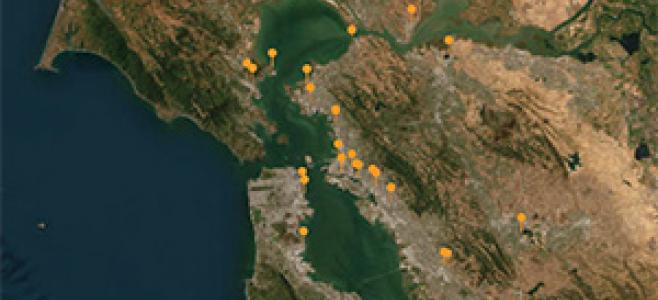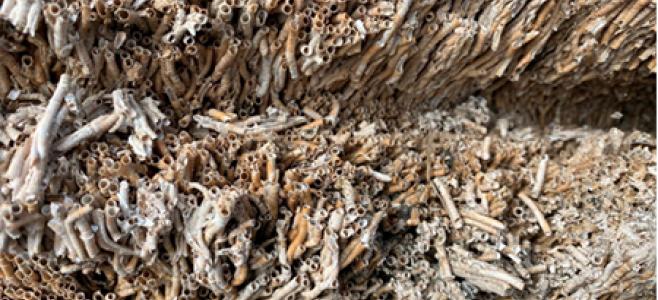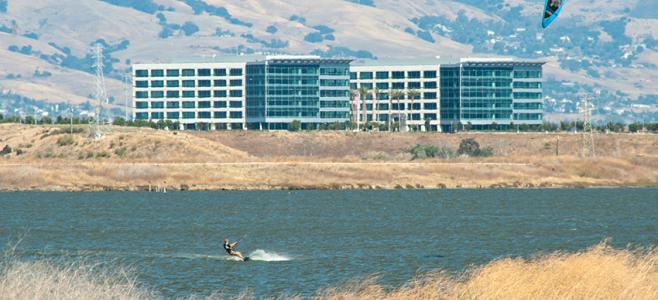It’s going to be harder to stop trash pollution—a major source of contamination in San Francisco Bay—under new rules recently adopted by the San Francisco Bay Regional Water Board. The Board weakened requirements on Bay Area city governments to keep trash from washing into local creeks and the Bay.
The original rules, officially known as the Municipal Regional Stormwater Permit, were established in 2009. They legally require Bay Area cities to reduce trash that washes off city streets and into the Bay. Cities were supposed to reduce this pollution by 40% as of July 1, 2014. However, the cities and the Regional Water Board couldn’t even agree on a method to calculate whether trash was being reduced—and are far from achieving significant improvements in water quality.
Since 2009, Baykeeper has been advocating for stronger rules to keep trash out of the Bay. These include requirements for the installation of more trash capture devices and monitoring of creeks to determine how much trash is actually getting into local waterways.
Unfortunately, this month the Regional Water Board opted instead for vague rules that don’t provide enough guidance to cities on how to accurately measure and reduce trash pollution.
For example, the rules require cities to calculate reductions in trash pollution based only on a “visual assessment” of city streets, regardless of the amount of trash actually getting into waterways. The rules also require cities to develop a plan for monitoring of trash in local creeks by the end of the permit term, but cities are not required to do any actual monitoring—only to plan to do so.
In addition, the rules include a new deadline to reduce trash in the Bay by 80% by the year 2019, but this deadline is unlikely to be enforced. Over the objections of Baykeeper, the Regional Water Board also included a rule stating that cities would be deemed in compliance with the permit as long as they were following its provisions, regardless of how much trash is actually flowing into local waterways.
Because of the lack of progress in cleaning up contamination by cities, earlier this year Baykeeper sued the city of San Jose for failing to keep trash, fecal bacteria and other pollution out of two tributaries to the Bay, Coyote Creek and the Guadalupe River. San Jose has some of the highest levels of pollution in storm water runoff in the Bay Area. We’re working with San Jose city leaders toward new and effective pollution controls, including those that capture storm water for re-use during drought.
Thanks to everyone who signed Baykeeper’s Action Alert urging the Regional Water Board to strengthen the Municipal Regional Stormwater Permit. Baykeeper will continue our advocacy and legal action to stop trash pollution in San Francisco Bay.


